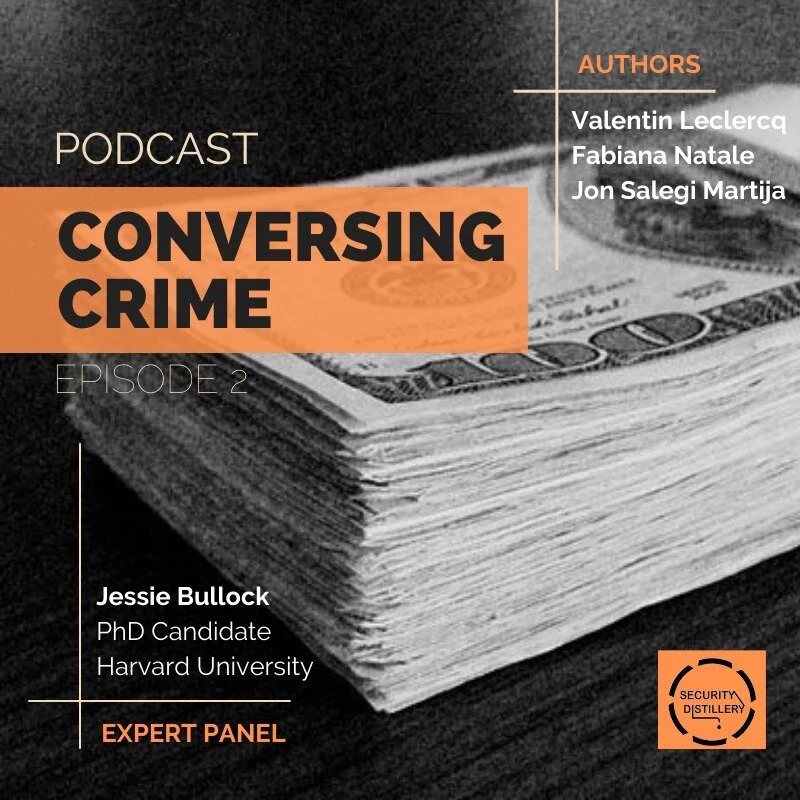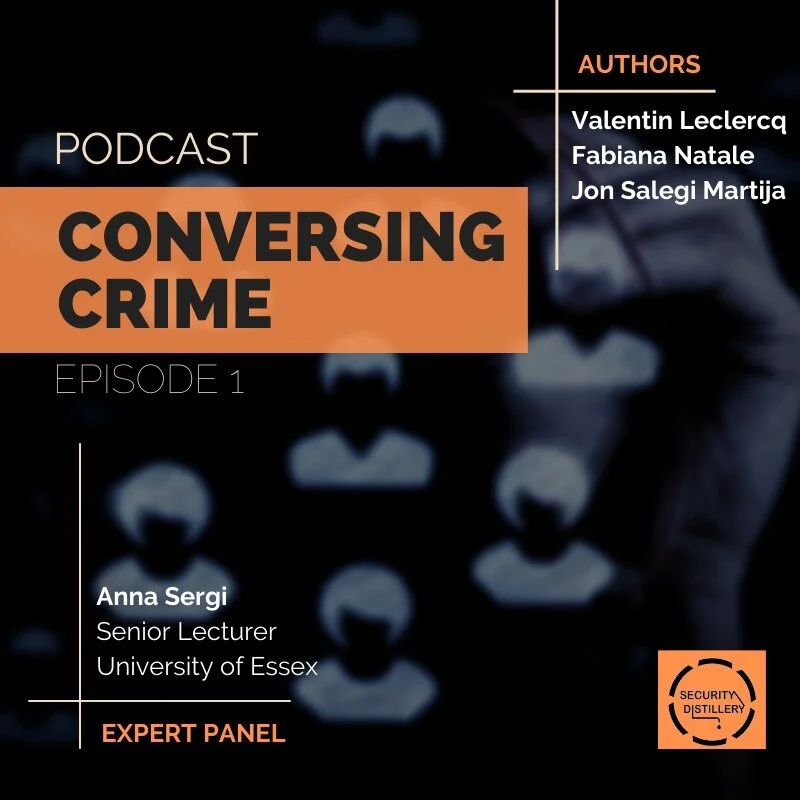Movies can play a big role in shaping people’s perceptions of important topics, such as the protection of personal data. In the podcast « Who is the bad guy? The role of movies in the social construction of data protection », Megan discusses with experts in the field of data protection who share their knowledge on the present layout of the data protection field. Together they explore how movies on data privacy shape perceptions and how this impacts individuals’ security
The War in Ukraine and its Impact on the Caucasus
In this podcast Guus Rotink meets Agha Bayramov, an assistant professor at the University of Groningen. They discuss a significant, but often overlooked impact of the War in Ukraine, namely the changing international relations within the South Caucasus. The war in Ukraine is impacting the region’s power structures and perhaps offers potential other powers than Russia to increase their influence. The podcast looks specifically at reactions to the conflict in Armenia as well as Azerbaijan and at how both countries could operate going forward. Does the current situation provide problems for these two states which have been in conflict with one and another for decades, or does it rather provide a rare opportunity for true positive change?







